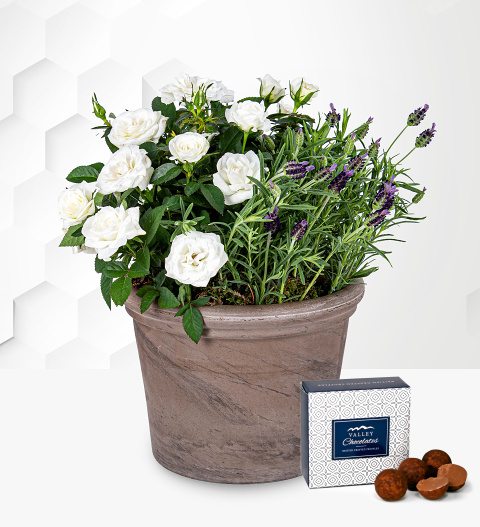
Essential oils and what you need to know
Many types of flowers and plants can be used to create amazing essential oils. These oils are highly concentrated and each one offers different benefits. They allow us to treat a number of ailments without the use of pharmaceuticals and they pose significantly less risk than regular medications. That said, whenever using any type of oil as a treatment, you should always do so with caution. While they are natural, even nature can cause adverse reactions.
How essential oils can be used
There are a number of ways in which you can use or apply essential oils. Here are four options for you to consider depending on the problem you are experiencing:
- Topically: You can apply the oil directly to the affected area. So, for muscle aches, you could massage the oil on the area that’s giving you trouble. Remember, you might need to mix it with a carrier oil so that it’s not too potent.
- Inhalation: If you have a diffuser or aerosol inhaler, you will find them particularly handy. Alternatively, you can create your own inhaler by adding oils to some boiling hot water. Place your face above the bowl and cover your head with a towel. Take deep breaths in through your nose and out through your mouth. Hold this position for as long as possible. You might need to come up for air every now and then.
- Combine with lotions: You can combine your favourite oils with your shampoo, body lotion or even your toothpaste. Make sure that you test the oil on your inner forearm before you proceed to spread it all over your body.
- Ingestion: Many of these oils can be safely ingested. Since they are super concentrated, you need to take care and use no more than three drops. You should also do your research and read the warning labels before you ingest any type of oil.
Top three varieties
Of all the essential oils on the market, there are three favourites: tea tree, peppermint and lavender. Tea tree oil is loved for its antiviral, antibacterial, antiseptic, antimicrobial and anti-fungal properties. It can be used to treat conditions like acne, rashes, bug bites, burns and even dandruff. Peppermint oil also contains anti-fungal, anti-inflammatory and antibacterial properties. It is also a known pain reliever. If you are looking for an oil to help you relax, try lavender oil. It has a soothing scent and it also acts as an analgesic. It is often used for its antiviral, anti-fungal, antibacterial and sedative properties.
These are just a few of the basics that you need to know when it comes to essential oils. Keep them in mind when making your own floral soaps and lotions too. You want to make sure that you test the oil on your skin and make sure whether or not you will need a carrier oil.
